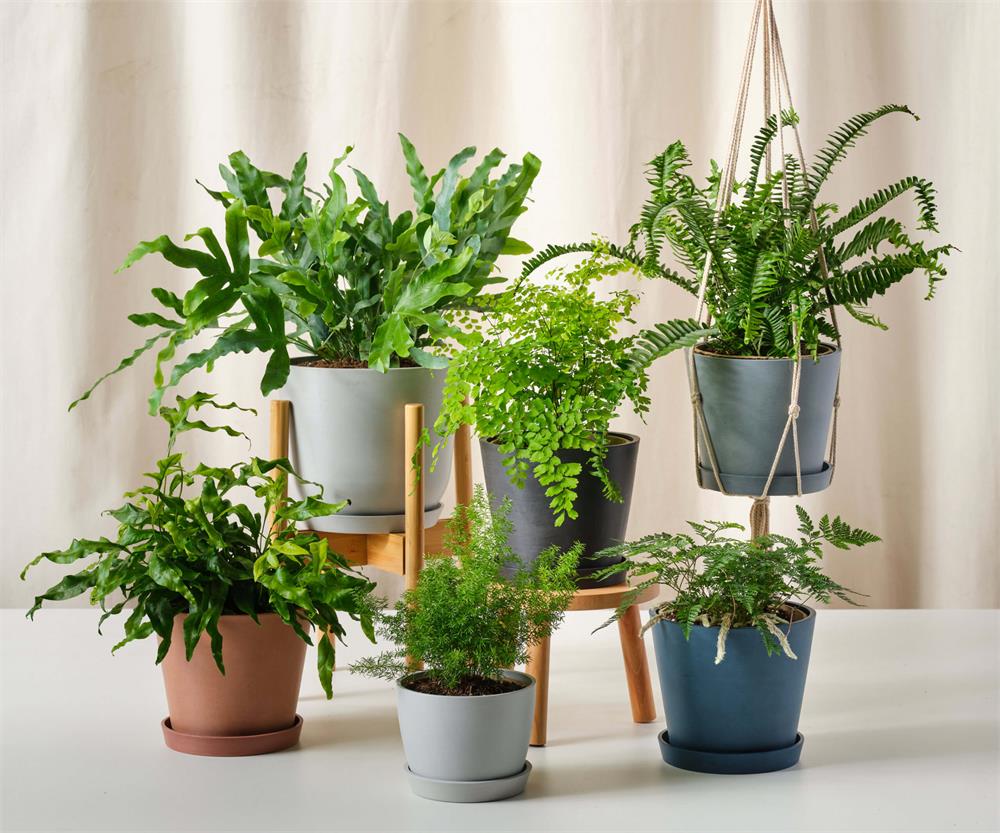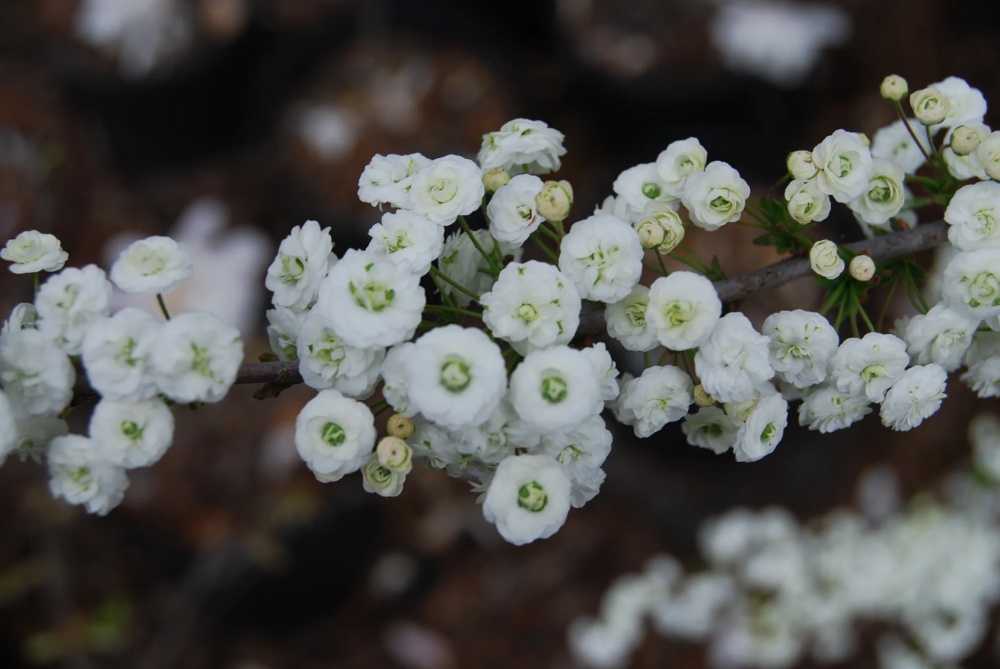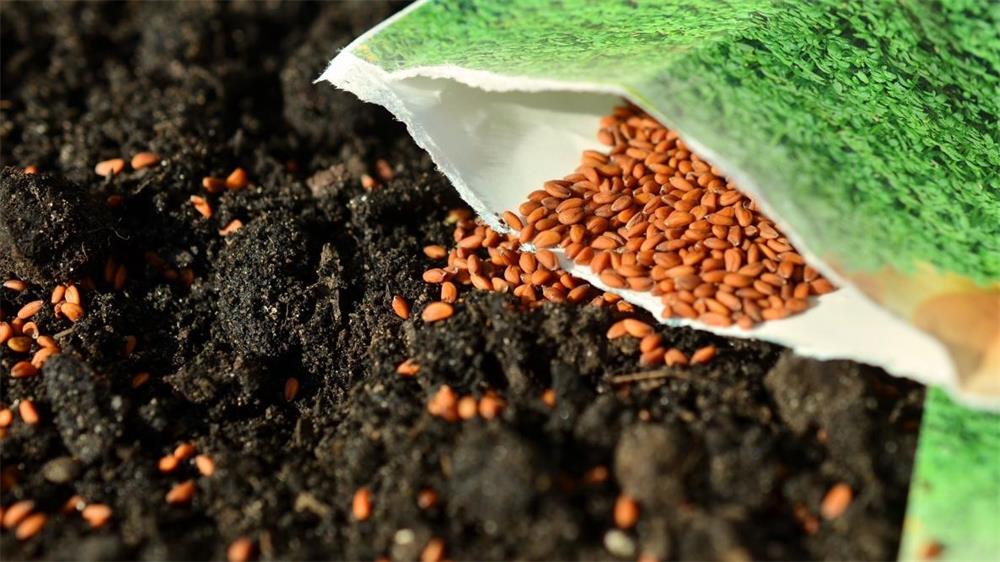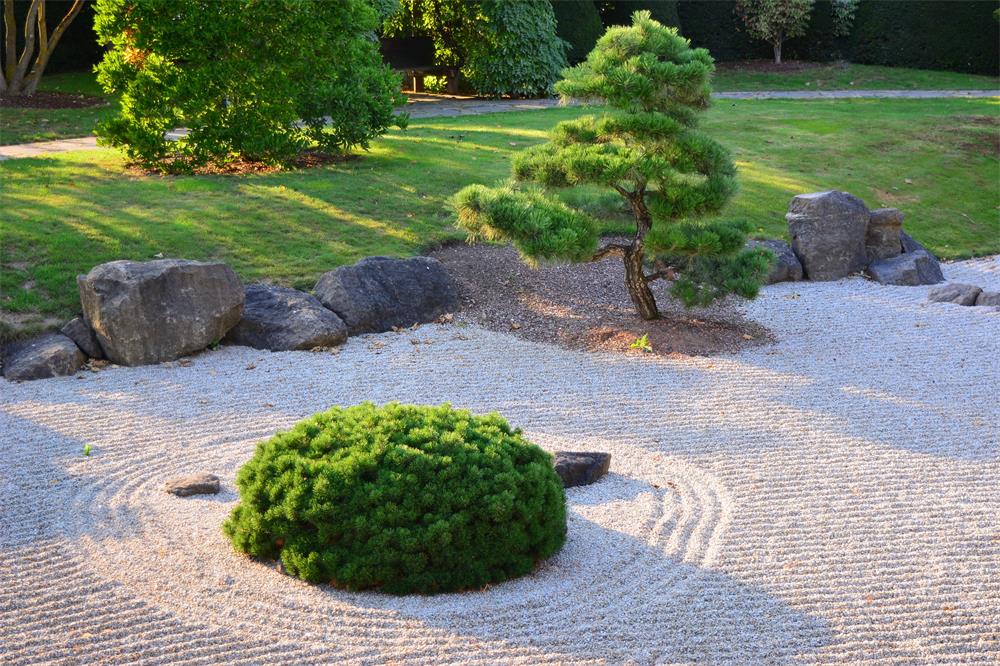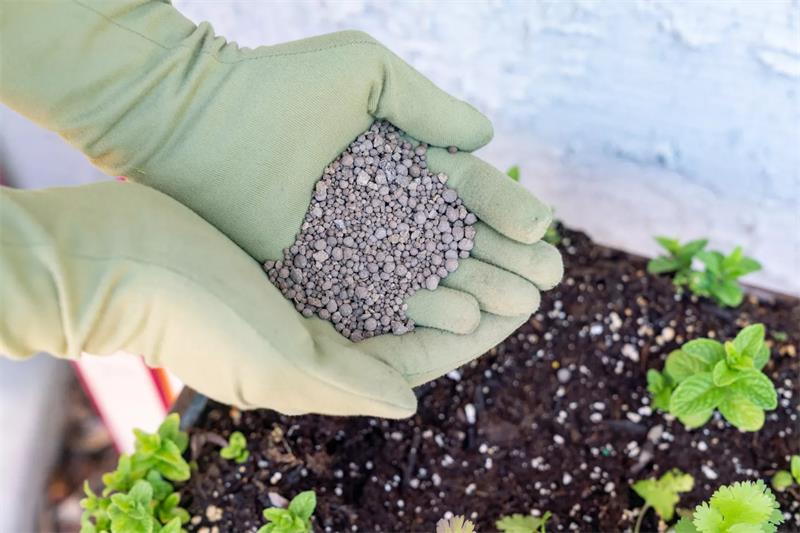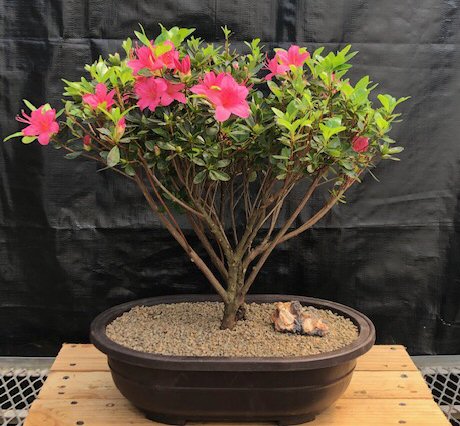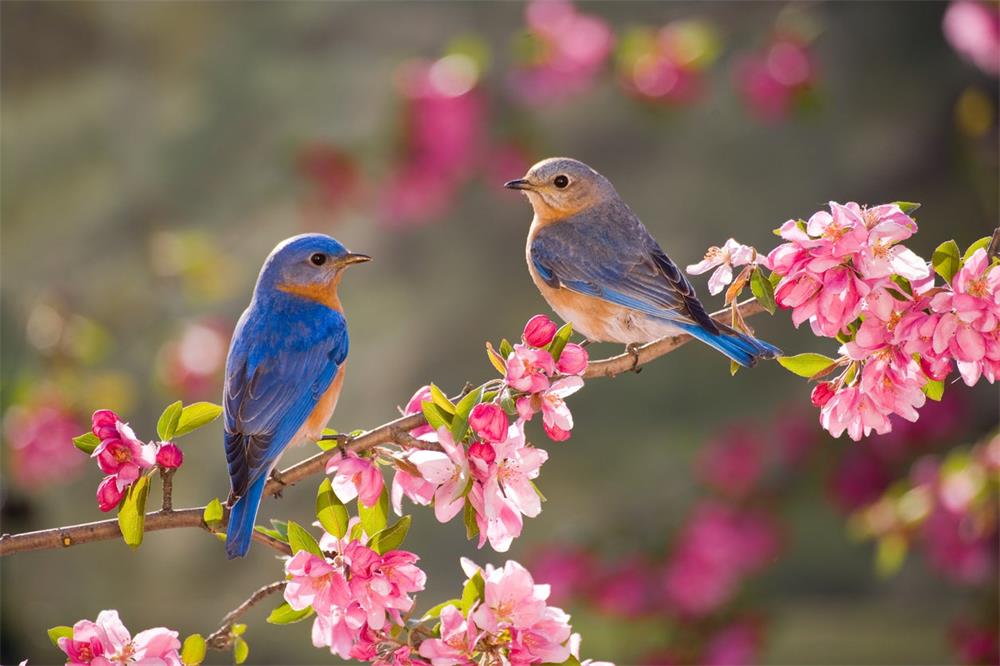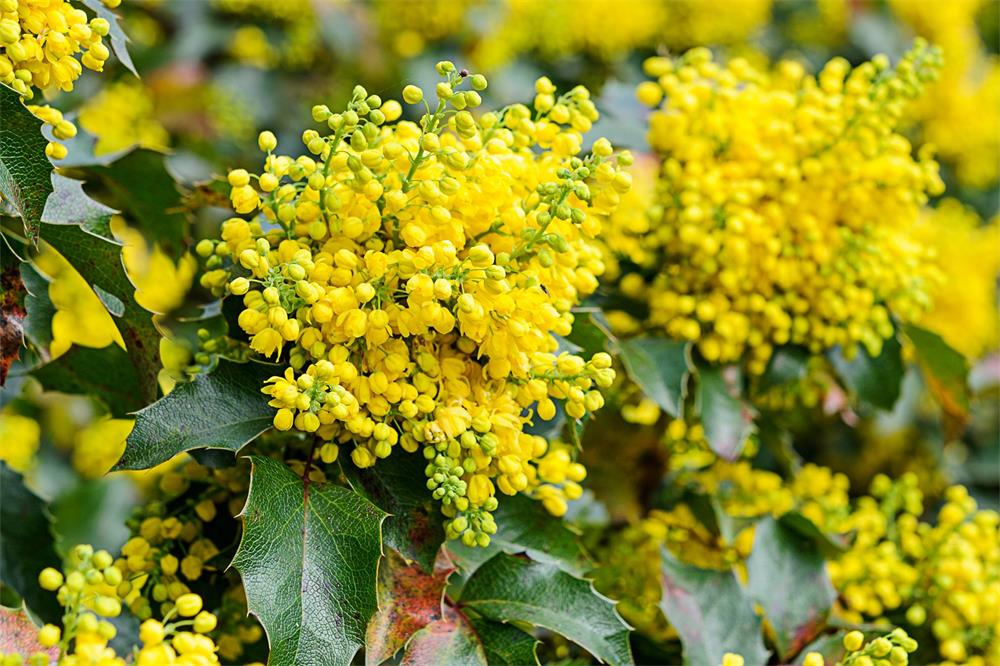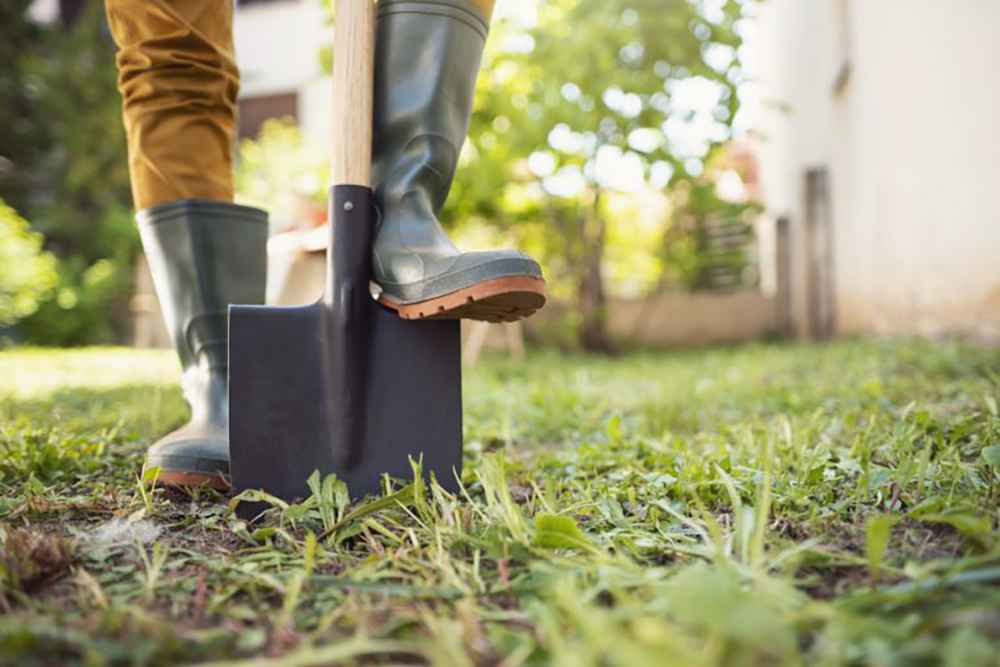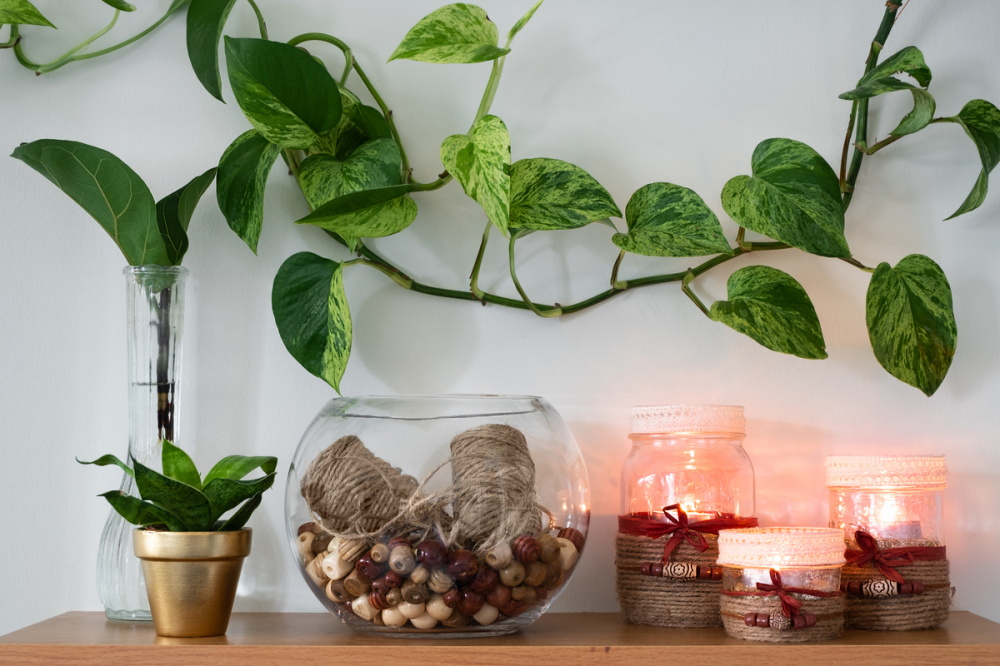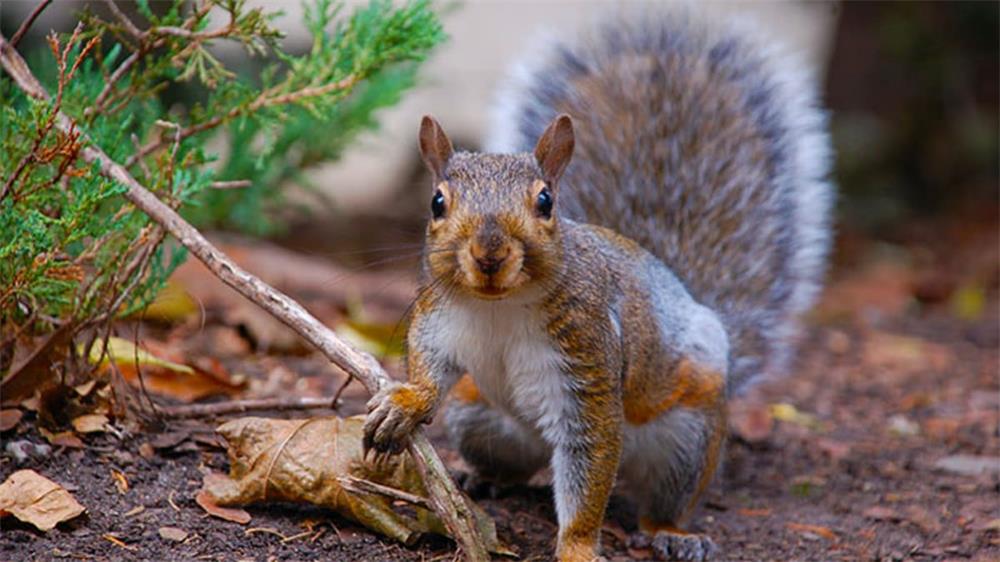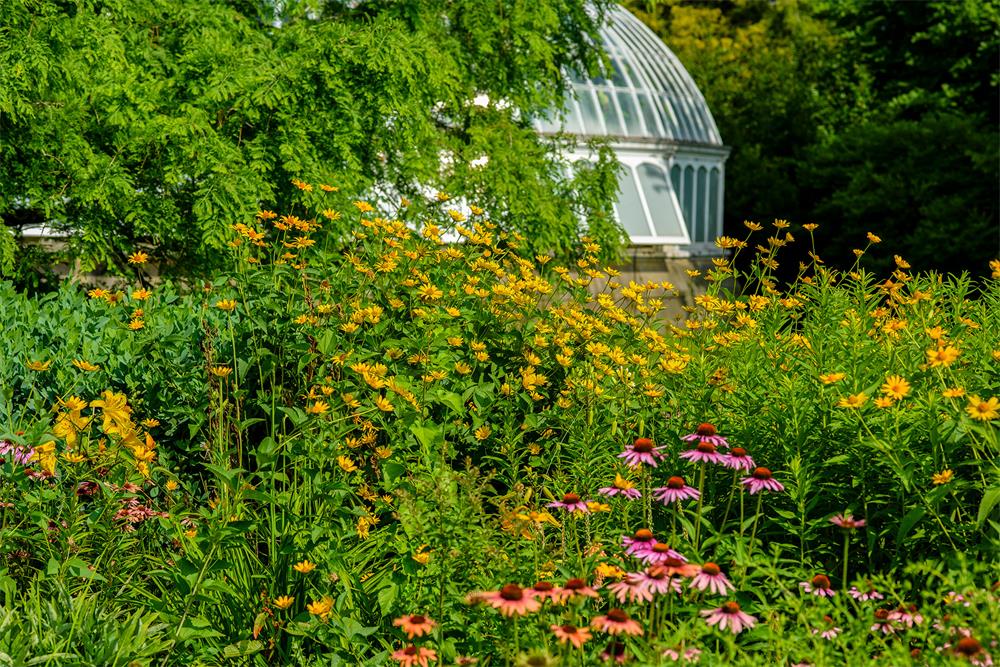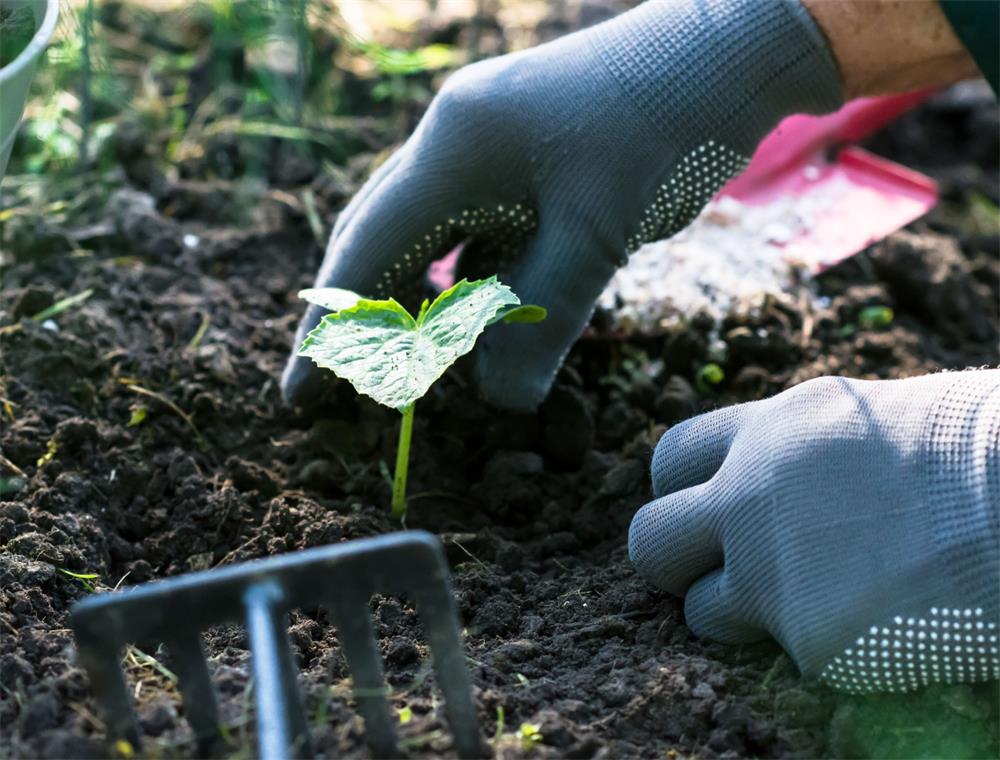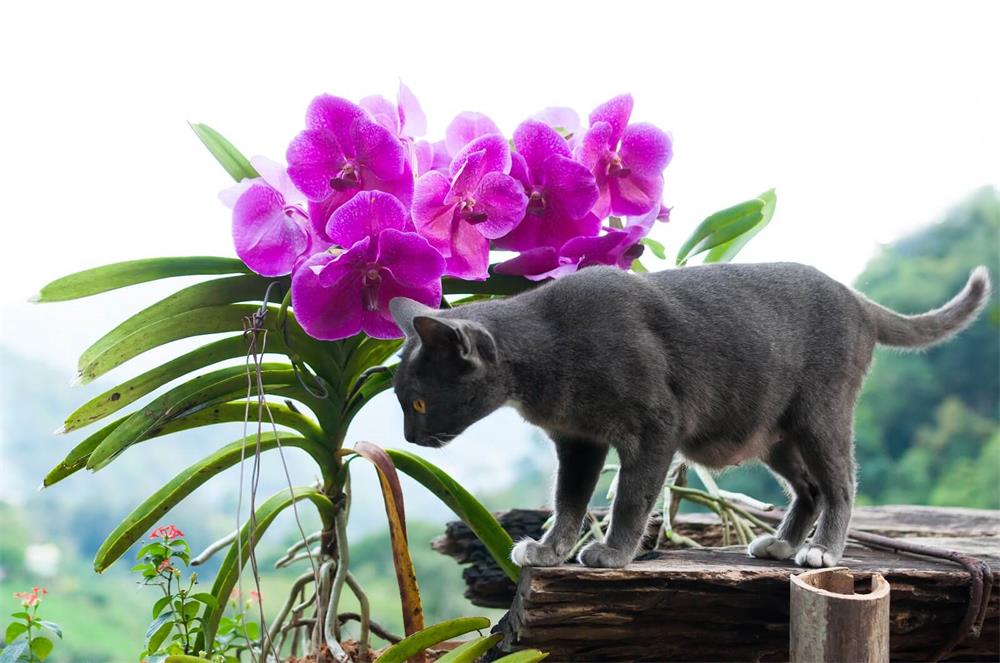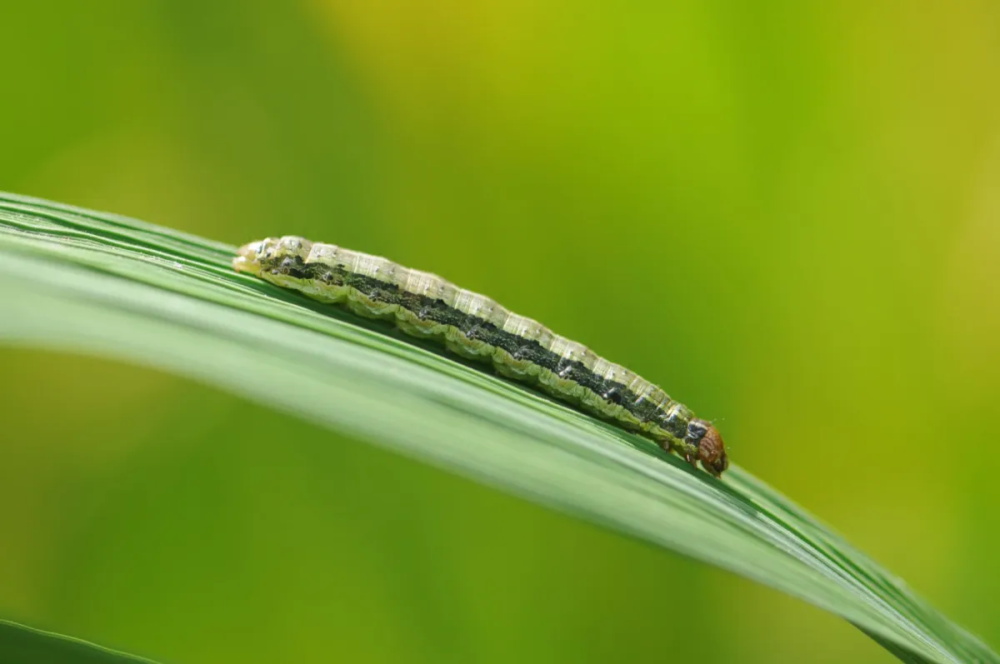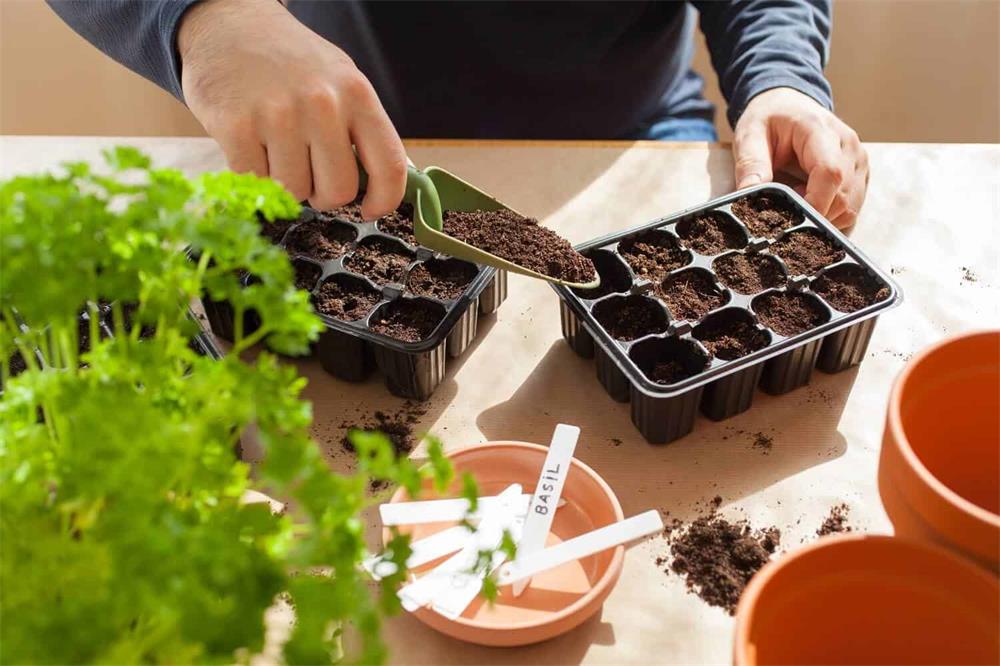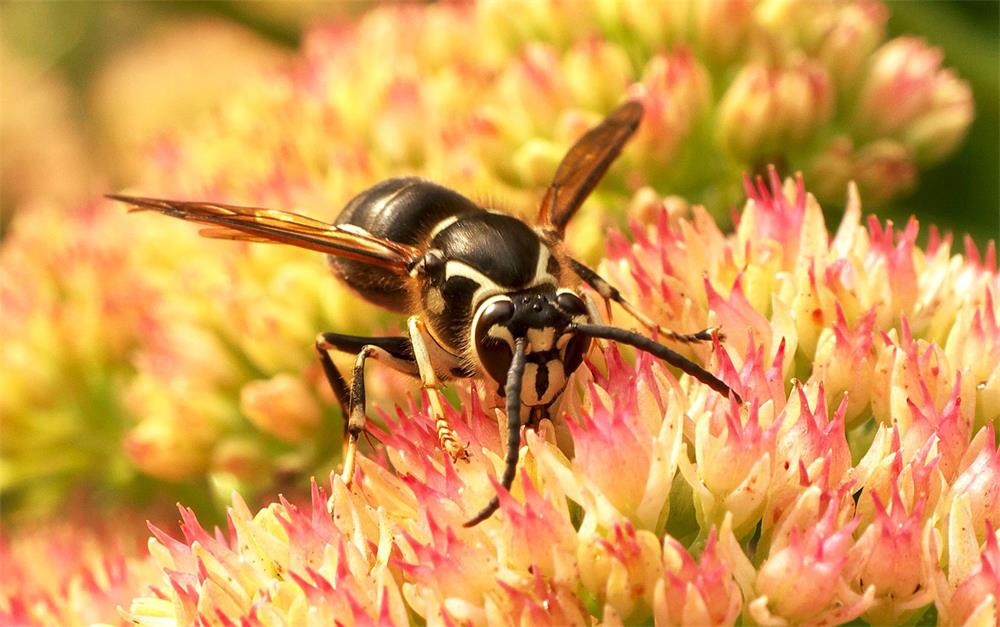
Table of Contents
Wasps are unwelcome guests in any home or garden. They can sting, damage plants, and ruin your outdoor enjoyment. Fortunately, there are some natural ways to keep wasps away without using harmful chemicals. These tips include preventing wasps from nesting, attracting, or invading your space, as well as getting rid of existing wasps and nests. Follow these suggestions to enjoy a wasp-free environment.
1. Use Essential Oils
Some essential oils have strong scents that wasps dislike and avoid. You can use these oils to make a natural wasp-repellent spray that you can apply on any established nests or places where you’ve seen nests before. Some of the most effective essential oils for repelling wasps are clove, geranium, lemongrass, and peppermint²⁴.
To make a spray, mix together a few drops of your chosen essential oil with a few tablespoons of dish soap in a spray bottle. Fill the rest of the bottle with water and shake well. Spray the solution on any areas where you want to deter wasps. You can also spray this mixture on your skin or clothes to keep wasps away from you.
2. Make Fake Wasp Nests
Wasps are territorial insects that avoid building nests near other wasp colonies. You can use this behavior to your advantage by making fake wasp nests and hanging them around your home or garden. This will trick the wasps into thinking that the area is already occupied and discourage them from nesting there².
You can make fake wasp nests using paper bags, newspaper, or balloons. Shape them into oval or spherical forms and attach strings to hang them from trees, eaves, or porch roofs. You can also paint them with gray or brown colors to make them look more realistic.
3. Plant Wasp-Deterrent Herbs
Another natural way to repel wasps is to plant herbs that have strong aromas that wasps don’t like. Some of these herbs include mint, basil, thyme, rosemary, lavender, and citronella²⁵. You can plant these herbs in pots or hanging baskets and place them near your doors, windows, or patio. They will not only keep wasps away but also add beauty and fragrance to your space.
4. Set Up Water Traps
Water traps are simple devices that lure wasps into a container filled with water and drown them. You can make your own water traps using plastic bottles, vinegar, sugar, and water². Cut the top part of a plastic bottle and invert it into the bottom part. Secure it with tape or glue. Pour some water, vinegar, and sugar into the bottle and mix well. The vinegar will repel bees and other beneficial insects while the sugar will attract wasps. Hang the trap near the wasp nest or where you see a lot of wasp activity.
5. Seal Wasp Entry Points
If you notice wasps entering your home frequently, it may indicate that they have built a nest inside your walls, attic, or roof. To prevent this from happening, you need to seal any gaps or cracks that may allow wasps to enter your home². Check your doors, windows, vents, pipes, siding, and eaves for any openings and seal them with caulk, mesh, or foam.
6. Remove Wasp Food Sources
Wasps are attracted to food sources such as meat, fruits, sweets, and pet food². To reduce the chances of wasps visiting your home or garden, you need to remove or cover any food items that may tempt them. Keep your trash cans sealed and clean your grill after use. Don’t leave food scraps or dirty dishes outside. Store sugary drinks in closed containers and rinse out soda cans before recycling them. Avoid leaving moist pet food exposed or faucets or drains dripping.
7. Avoid Provoking Wasps
Wasps are more likely to sting if they feel threatened or disturbed². To avoid provoking them, you should not swat or squash them as this may release a pheromone that attracts more wasps to the area². You should also avoid wearing bright or floral patterns or perfumes that may attract their attention²⁵. If you encounter a wasp, stay calm and move away slowly.
8. Hire a Professional
If you have a large or aggressive wasp infestation that you cannot handle on your own, you may need to hire a professional pest control service to remove the wasp nests safely and effectively. They have the proper equipment and expertise to deal with different types of wasps and nests. You can search online or ask for recommendations from your friends or neighbors to find a reliable and affordable pest control company in your area.
Conclusion
Wasps can be a nuisance and a danger to your home and garden, but you don’t have to resort to harmful chemicals to get rid of them. You can use natural wasp repellents that are safe, effective, and easy to make or apply. These tips will help you prevent wasps from nesting, attracting, or invading your space, as well as getting rid of existing wasps and nests. Try these natural methods and enjoy a wasp-free environment.



